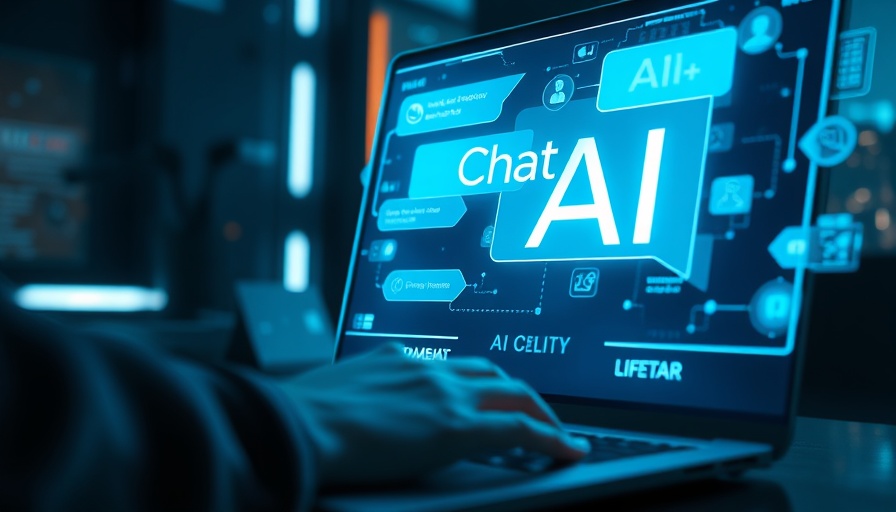
Is AI the New Innovator or the Disruptor?
Ford's CEO, Jim Farley, has recently raised serious concerns about the potential impact of artificial intelligence (AI) on the job market, suggesting it could eliminate up to 50% of white-collar jobs in the U.S. This dramatic prediction highlights a growing trend in which automation extends its reach into roles once thought secure. During the Aspen Ideas Festival, Farley referred to the essential economy, emphasizing the need for skilled blue-collar workers while warning of significant job losses driven by rapid advancements in AI.
The Essential Workforce: A Call to Reinvest in Blue-Collar Jobs
Farley’s remarks not only address the impending risks of AI but also spotlight the lack of investment in vocational training in the U.S. He pointed out that there is a significant shortage of blue-collar skilled tradespeople, with an estimated deficit of 600,000 factory workers and nearly 500,000 in construction. As automation threatens office roles, this shift emphasizes the urgency to develop training programs for jobs that machines cannot easily replace, such as skilled trades that require hands-on expertise.
AI's Double-Edged Sword: Job Creation and Job Loss
However, Farley's warnings also serve as a reminder that while AI may displace many white-collar workers, it simultaneously creates new opportunities. Similarly, Amazon's CEO Andy Jassy acknowledged the downsizing of corporate roles due to AI but affirmed that new jobs will emerge as companies adapt to technological advancements. This leads to a paradoxical situation—the shrinking workforce of established roles contrasted with the growing demand for skilled workers in areas less susceptible to automation.
The Future of Work: Embracing Change in a Tech-Rich World
With institutions like colleges and trade schools at a critical juncture, there is an observable shift among Americans leaning toward trade education rather than traditional four-year degrees. This trend presents an critical opportunity for individuals to equip themselves with job-ready skills that are vital in a changing economy. AI is not solely a job eliminator; it could lead to a redefined workforce where adaptability and technical skills take center stage.
Navigating Uncertainty: Practical Insights for Workers and Employers
For employees, navigating this evolving landscape means proactively pursuing upskilling and embracing lifelong learning. As traditional job roles are transformed, the onus is on workers to gain new competencies aligned with the future market needs. Employers, on the other hand, should focus on retraining their workforce and fostering environments where innovation can thrive without displacing essential human roles.
Take Action Today: Prepare for Tomorrow's Job Market
The reality is that AI is reshaping our workplaces and defining future job standards. As Farley suggests, it is vital for individuals and companies alike to prepare for these massive shifts. Staying updated on trends and opportunities in the labor market can position workers and employers alike to adapt strategically and resilience to changes. The message is clear: proactive action now will help navigate the future job landscape, ensuring readiness for upcoming challenges.
 Add Row
Add Row  Add
Add 




 Add Row
Add Row  Add
Add 

Write A Comment